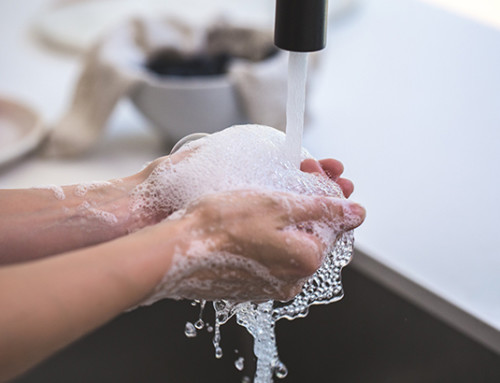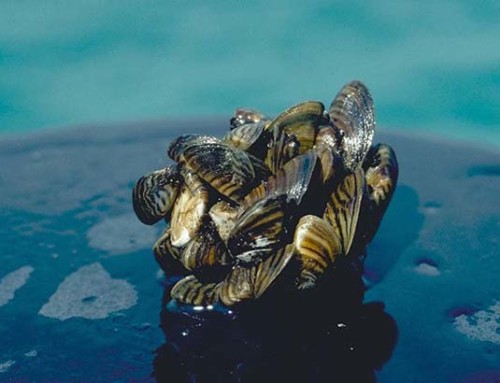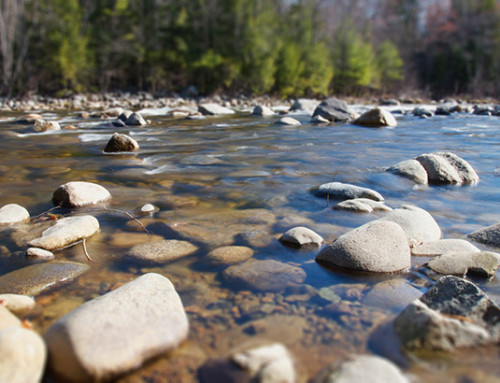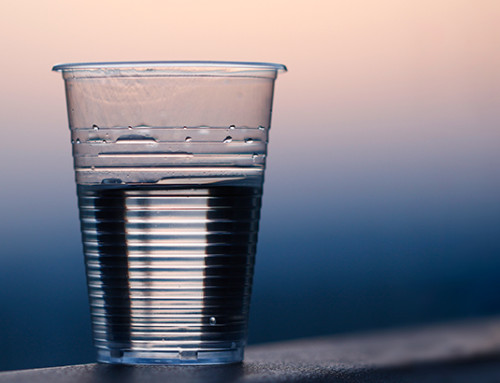Every so often, we get a walk-in looking to test their well water. We don’t do any in-house water testing, and more often than not, we don’t have test strips for the parameters people are looking to assess. We generally just tell people they’ll need to contact the county or city water to have them come out and test it. However, we decided to look into it further to have a more definitive answer.
We found some information for the state of Arizona, but of course, it will vary by state.
AWDR (Arizona Department of Water Resources) regulates well water sources in Arizona. They provide information online about this, as well as approved testing labs for well water testing. None of the labs are located in Yavapai County, where we are, so for those walk-ins, they’ll have to look outside the county to have their water tested. However, anyone on city water should contact their city utility.
The National Ground Water Association (NGWA) recommends well owners test their water annually for bacteria, nitrates, arsenic and radon. Labs will also test for fluoride, lead, total dissolved solids and uranium on a less frequent basis. There are reasons to test more frequently, for example, if you have just chlorinated your well or if there is a change in taste, odor or appearance of the well water.
So, what levels are acceptable? According to the Arizona Department of Health Services, less than 10ppb or 0.01mg/L arsenic is okay to drink and cook with. The US EPA lists the same acceptable level, as well as acceptable levels are many other potential well water contaminants.
- Fluoride: 4.0 mg/L
- Nitrate: 10 mg/L
- Total Coliforms: 5.0%
- Uranium: 30 µg/L
The EPA’s website also has a great deal of information on private wells, such as what you might need to test for depending on your surrounding environment, frequency of testing, preventing pollution, the impacts of well water contaminants and more. As always, they are a great resource, including this topic of conversation. They even provide information on finding a state certified laboratory in your state.
If you live in Arizona, here’s some information you might find useful:
Arizona Labs Certified for Drinking Water Samples
If you live in another state, check out the EPA’s website for more information.
If you take away nothing else, just remember it’s important to have your well water tested on annual basis (at a minimum) by a certified laboratory in your state. Don’t try to do it yourself with test strips that probably won’t work for the levels and parameters you need to test.







Leave A Comment